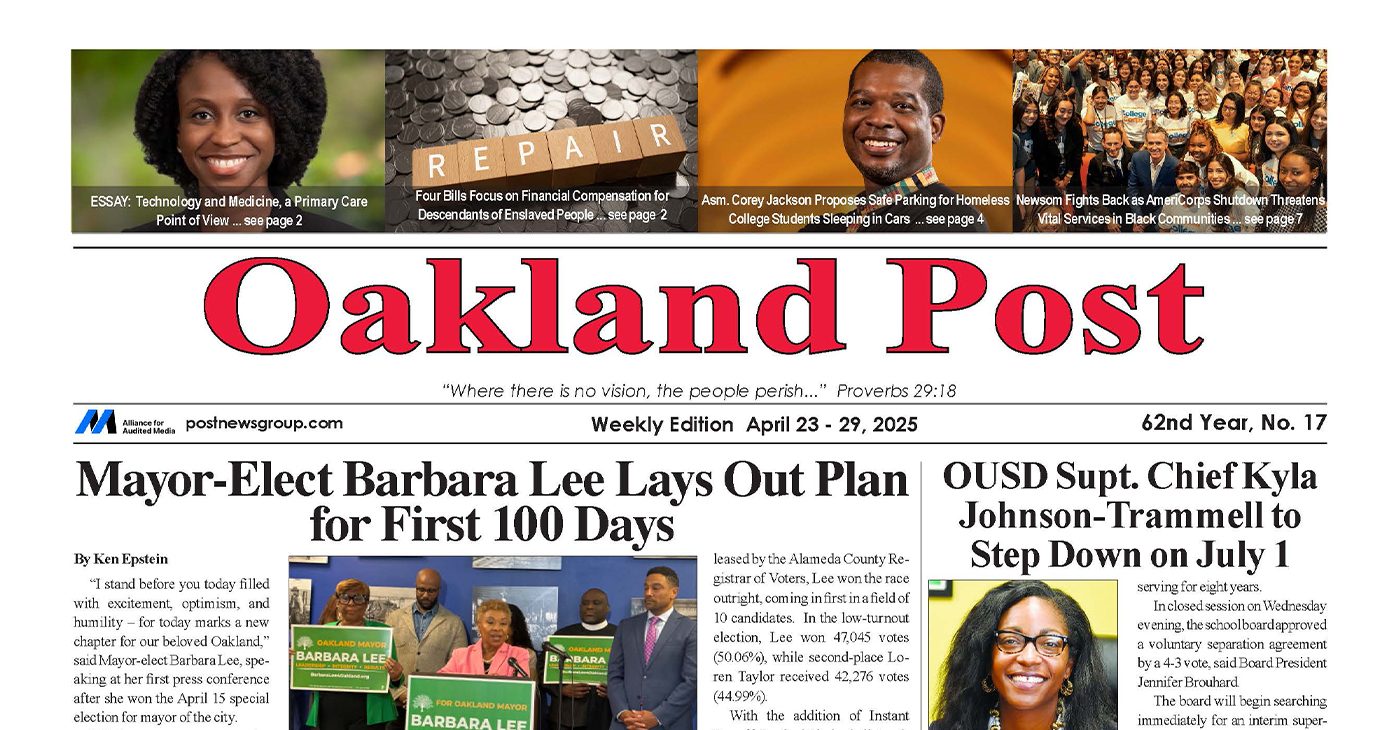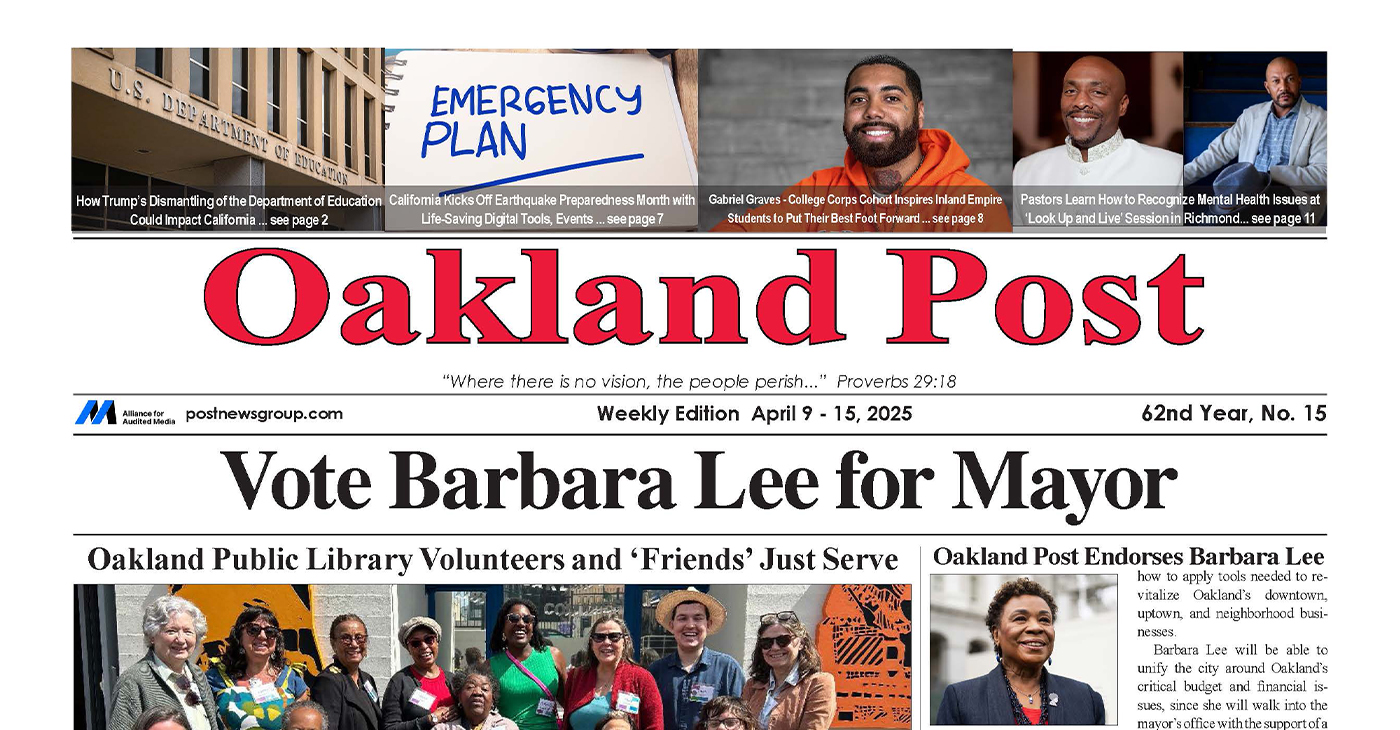Business
Comcast Abandons Time Warner Cable Bid After Gov’t Pushback

This Feb. 11, 2011 file photo shows the Comcast logo on one of the company’s vehicles, in Pittsburgh. Wall Street appears increasingly convinced Comcasts $45.2 billion purchase of Time Warner Cable is dead. telling indicator is the gap between the value Comcasts all-stock bid assigned to each Time Warner Cable share and Time Warner Cable stocks current price. That was at its widest point yet Thursday, April 23, 2015, a signal that investors are giving just 20 to 30 percent odds that the deal will go through, said Nomura analyst Adam Ilkowitz. (AP Photo/Gene J. Puskar, File)
TALI ARBEL, AP Business Writers
MICHELLE CHAPMAN, AP Business Writers
NEW YORK (AP) — What killed Comcast’s $45 billion bid for Time Warner Cable? Regulators’ desire to protect the Internet video industry that is reshaping TV.
A combination of the No. 1 and No. 2 U.S. cable companies would have put nearly 30 percent of TV and about 55 percent of broadband subscribers under one roof, along with NBCUniversal, giving the resulting behemoth unprecedented power over what Americans watch and download.
Competitors, consumer groups, and politicians have criticized the deal, saying it would lead to higher prices and less choice.
“The proposed merger would have posed an unacceptable risk to competition and innovation, including to the ability of online video providers to reach and serve consumers,” Federal Communications Commission Chairman Tom Wheeler said in a written statement.
The Justice Department said that Comcast dropped its bid because of regulators’ concerns that the Philadelphia-based cable giant would become an “unavoidable gatekeeper” for Internet services.
One of the concerns consumer advocates and competitors had with the Comcast deal was that it could undermine the streaming video industry that is reshaping TV. Comcast could, for example, require onerous payments from new online-only video providers for connecting to its network. Dish, the satellite TV company behind the new Web video service Sling TV, and Netflix opposed the deal.
“It goes to show you how important broadband is,” said Amy Yong, a Macquarie analyst.
Regulators have taken other steps that signal how important they consider Internet access. The Federal Communications Commission in February released new “Net Neutrality” rules meant to keep broadband providers from charging Internet companies for “fast lane” access or favoring some content. The broadband industry has sued to stop the rules.
“We have to live with it, and respect that, and move on,” Comcast chairman and CEO Brian Roberts said in an interview on CNBC, referring to the government’s opposition to the deal. “We always structured this deal in a way that would enable us to walk away.”
Comcast doesn’t owe Time Warner Cable a breakup fee because the deal didn’t work out.
With the deal between Comcast Corp. and Time Warner Cable Inc. called off, a transaction with Charter Communications Inc. aimed at smoothing the way for regulatory approval also falls apart.
Even with the Comcast and Time Warner Cable deal being nixed, cable companies are likely to keep combining as costs rise for the shows, sports and movies they pipe to subscribers and video customers decrease.
Many analysts expect that Charter Communications could resurrect its own effort to acquire Time Warner Cable.
A combined Charter and Time Warner Cable would have 15 million video customers and 16.5 million Internet customers. That’s still smaller than Comcast alone, which has 22.4 million video subscribers and 22 million Internet customers.
And the $48.5 billion combination of DirecTV and AT&T is still expected to go through.
Shares of Time Warner Cable Inc. rose $2.74 to $151.50 in morning trading while Comcast shares slipped 8 cents to $59.18.
___
Follow Tali Arbel at http://twitter.com/tarbel
Copyright 2015 The Associated Press. All rights reserved. This material may not be published, broadcast, rewritten or redistributed.
Activism
Oakland Post: Week of April 23 – 29, 2025
The printed Weekly Edition of the Oakland Post: Week of April 23 – 29, 2025

To enlarge your view of this issue, use the slider, magnifying glass icon or full page icon in the lower right corner of the browser window.
Activism
Oakland Post: Week of April 16 – 22, 2025
The printed Weekly Edition of the Oakland Post: Week of April 16 – 22, 2025

To enlarge your view of this issue, use the slider, magnifying glass icon or full page icon in the lower right corner of the browser window.
Activism
Oakland Post: Week of April 9 – 15, 2025
The printed Weekly Edition of the Oakland Post: Week of April 9 – 15, 2025

To enlarge your view of this issue, use the slider, magnifying glass icon or full page icon in the lower right corner of the browser window.
-

 Activism4 weeks ago
Activism4 weeks agoOakland Post Endorses Barbara Lee
-

 Activism4 weeks ago
Activism4 weeks agoOakland Post: Week of March 28 – April 1, 2025
-

 Activism3 weeks ago
Activism3 weeks agoOakland Post: Week of April 2 – 8, 2025
-

 #NNPA BlackPress3 weeks ago
#NNPA BlackPress3 weeks agoTrump Profits, Black America Pays the Price
-

 Activism2 weeks ago
Activism2 weeks agoOakland Post: Week of April 9 – 15, 2025
-

 #NNPA BlackPress3 weeks ago
#NNPA BlackPress3 weeks agoHarriet Tubman Scrubbed; DEI Dismantled
-

 #NNPA BlackPress3 weeks ago
#NNPA BlackPress3 weeks agoTrump Targets a Slavery Removal from the National Museum of African-American History and Culture
-

 #NNPA BlackPress3 weeks ago
#NNPA BlackPress3 weeks agoLawmakers Greenlight Reparations Study for Descendants of Enslaved Marylanders

























































